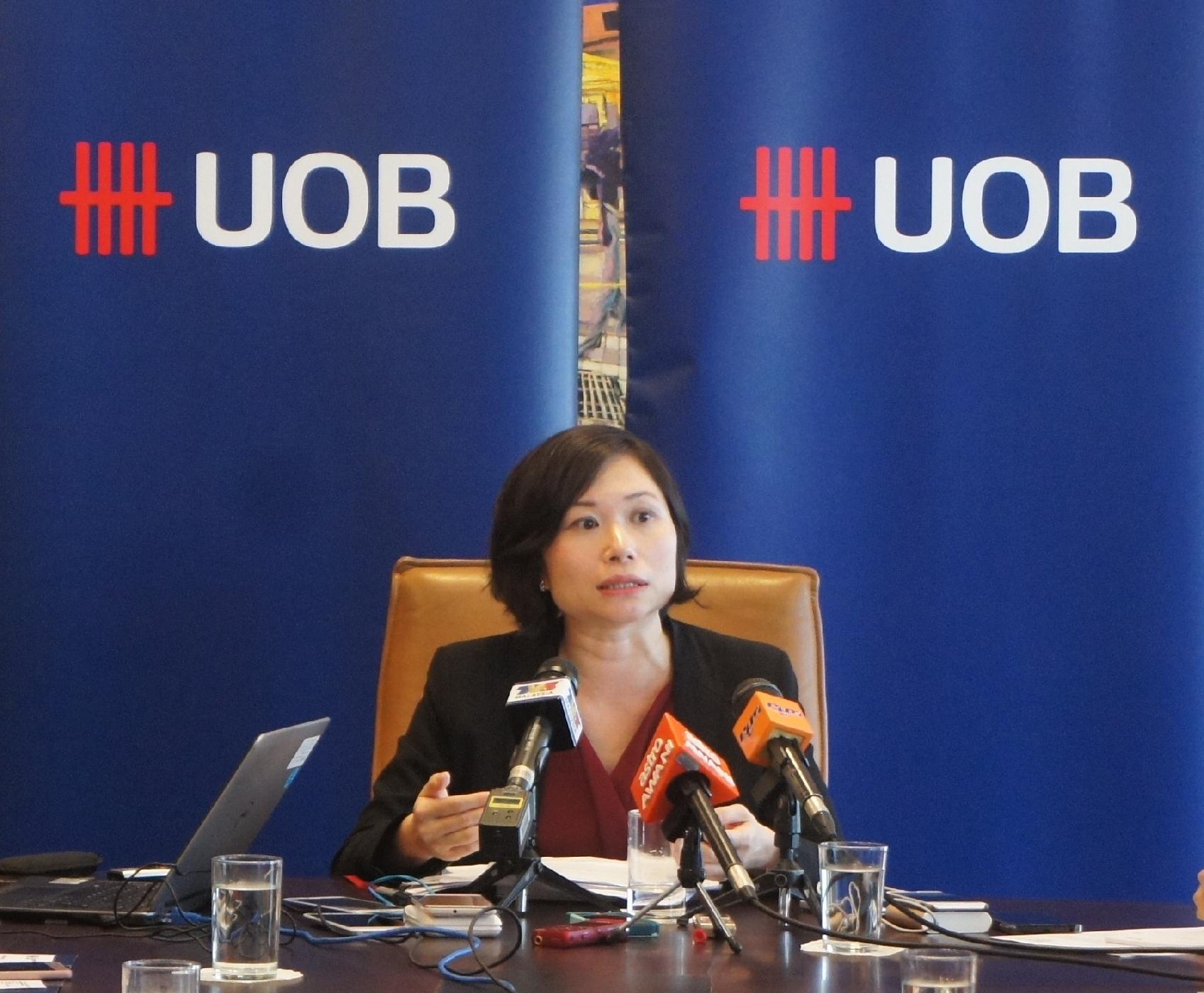The government's decision to defer and cancel some infrastructure projects is not necessarily bad as it could provide Malaysia some buffers from global risks, said UOB Malaysia senior economist Julia Goh.
"With the removal of the projects, we can be more certain of the current account surplus can sustain which will support the country's economy," said Goh.
"There are a lot of other infrastructure projects still ongoing. While it may not be as big in value, the quality of projects will enhance the country's value add which will attract investments into the sector."
Malaysia axed three mega project this year - the East Cost Rail Link, the RM9.41 billion Multi-Product Pipeline as well as the Trans-Sabah Gas Pipeline. The RM55 billion rail link is undertaken by China Communications and Construction Company while the other two by China Petroleum Pipeline Bureau, reported the New Straits Times.
The government had also agreed with Singapore to delay the construction of the Kuala Lumpur-Singapore High-Speed Rail to 31 May 2020.
With this, the Malaysian economy is expected to grow positively this year at 4.8 percent and in 2019, although the ringgit may fall vis-à-vis the US dollar next year, said Goh.
The increase could be bogged down by greater external risks from heightened market volatility and global trade disputes.
"Intensifying trade disputes and policy uncertainty may result in slower global growth in 2019. The ongoing US-China trade tensions and the quantum of US Federal Reserve interest rate rises will continue to have an impact on global growth and market volatility," she said.
"There are no signs of US-China trade tension easing as further protectionist trade policies will undoubtedly be negative for global trade, leading to greater risks for export-driven Asian economies including Malaysia."
Goh expects the impact of broadening trade measures arising from the trade tension to be felt more materially next year.
She expects the ringgit to drop to 4.22 against the dollar by 2019, depending on the strength of the dollar, direction of crude oil prices and renminbi.
"We find that the three key factors will determine the ringgit movement. But of course, the role of the domestic policies will have an impact on the performance too, although the dollar, renminbi and crude oil prices will remain the key drivers of its performance."
Malaysia's efforts to be more transparent and the economy's underlying strengths and steady growth, a surplus current account and low unemployment will also help support the ringgit.
"We are projecting one more US interest rate hike in December and three more next year. If the renminbi weakens further beyond 7.00, the ringgit may slide further beyond 4.22," added Goh.

.jpeg)







.jpeg)

